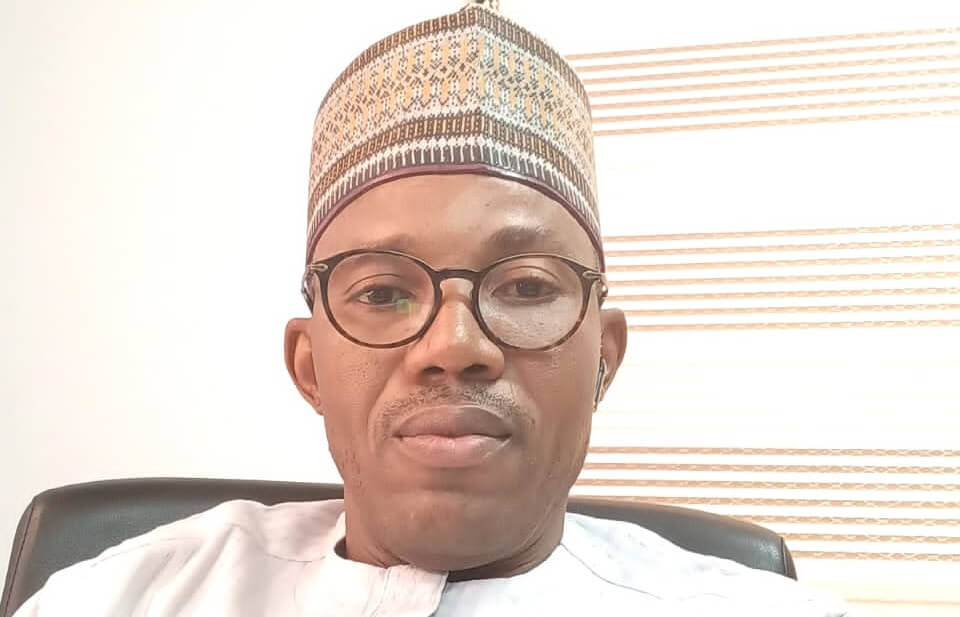Zero Waste Day: ‘Giant Of Africa’ Does Not Have Engineered Landfills – Environmental Consultant
Dr Austin Oluyori, the General Manager of Laurmann and Company Ltd, says Nigeria lacks engineered landfills and that the absence of these landfills may have devastating impact on the environment and public health.
In a recent interview with THE WHISTLER, Oluyori also noted that improper waste management has continued to be a matter of concern in the Federal Capital Territory FCT, especially in the satellite towns.
Advertisement
Engineered landfills are designed to protect the environment and public health by preventing hazardous waste from leaching into the soil and groundwater.
They are also designed to reduce the emission of Greenhouse Gasses by capturing and utilizing methane generated by the decomposition of organic waste.
According to him, most of the existing landfills in the country are unlined and poorly managed, which has resulted in the contamination of soil and groundwater with hazardous chemicals and heavy metals.
The lack of this waste management infrastructure has led to the proliferation of open burning and dumping of waste, which further expose the citizens to environmental and health risks.
Advertisement
“Unfortunately, Nigeria as a Giant of Africa does not have an engineered landfill designed to harvest waste cell by cell whereby waste is treated and managed before it is discarded with a different collection point for liquid and solid waste to prevent pollution caused by chemical interaction and reaction, however, the cost is the problem even for developed countries,” said Oluyori whose company is in charge of waste collection in FCT’s Central Business District, Kaura Dubuoyi District, Kafe District and Dape District, among others.
He told THE WHISTLER that Laurmann and Company still utilizes the traditional model of waste disposal and management due to the absence of engineered landfills even though this could be detrimental to the environment and humans when water from the rain interacts with the waste from the dumpsites.
Oluyori noted that the company is still in its basic stage and not yet engaged in resource recovery and recycling yet, however, it is interested in going into electronic waste recycling in the future.
For now, the company collects waste from premises within its assigned districts and takes them to the dumpsites where informal resources recovery takes place by scavengers “that help to reduce the volume of waste”.
He also explained that one of the major challenges facing waste management in the FCT is the lack of enough waste collection centres.
Advertisement
According to him, the cheapest way to tackle the issue of improper waste disposal in the FCT is awareness creation to encourage change in lifestyle of the residents towards waste disposal and management.
“There are three stakeholders in waste management which are the government, the people and the contractors. If any of the three fails on its part, whatever the rest do, is useless.
“The place of the government is crucial, the government needs to invest in mobilizing the populace to discard their waste properly, that way, there will be a seamless, formal resource recovery that can encourage recycling programme,” said Oluyori.
Residents need to be educated through serious advocacy about the importance of the 3Rs (reuse, reduce and recycle) as waste management is an integrated phenomenon, he stressed.
Oluyori further urged the AEPB to scale up its blue bin project – a campaign to reduce the amount of waste that goes to landfills through waste segregation of recyclables (blue bin) and other waste (green bin) to encourage recycling and data collection.
He advised the government to encourage private recycling companies’ by providing direction and data on recyclables for proper waste segregation and characterization.
Advertisement
“If they (the government) do not have the finance, they should be committed to providing policy framework, direction and leadership to the private recycling companies where data of waste collected from different regions are characterized and segregated by creating a hub because resource recovery is the way to go,” he said.
Section 10 of the AEPB Act of 1999, instructs that persons caught littering the city should be arrested and charged to court.



